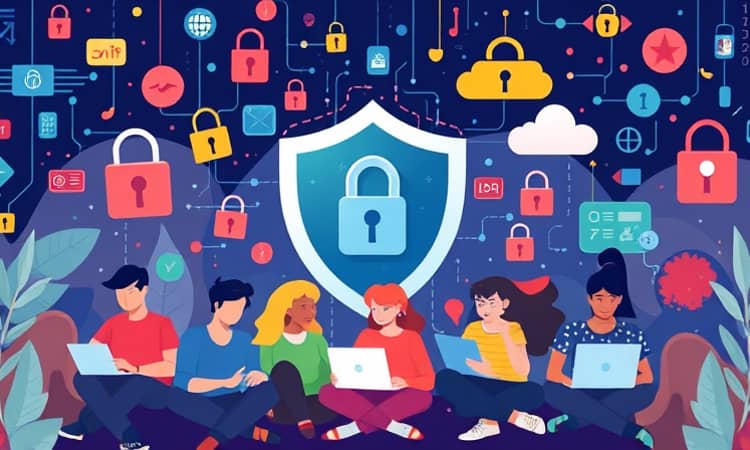In today's digital world, online privacy is increasingly important. With the rise of cyberattacks, data breaches, and invasive tracking, it is crucial to take proactive steps to protect your personal information. Whether you are browsing social media or conducting online transactions, keeping your data secure should be a priority.
This article will walk you through five essential steps to safeguard your online privacy. By adopting these best practices, you can significantly reduce the risk of your personal information falling into the wrong hands and enhance your overall security posture when navigating the web.
From using strong passwords to employing virtual private networks, these strategies will help you build a robust defense against privacy threats. Let's dive into these essential steps to ensure you stay safe online.
1. Use Strong, Unique Passwords

One of the simplest yet most effective ways to protect your online accounts is by using strong, unique passwords for each of them. Many individuals tend to reuse the same password across multiple sites, which greatly increases vulnerability; if one site gets compromised, all accounts linked to that password are at risk.
To create a strong password, combine upper and lowercase letters, numbers, and special characters. Aim for a minimum length of 12 characters, as longer passwords are typically harder to crack.
- Avoid using easily guessed information such as birthdays or common words.
- Consider using a password manager to help generate and store complex passwords securely.
By taking the time to create strong, unique passwords, you set a solid foundation for your online security. It may seem tedious at first, but the protection it offers against unauthorized access is well worth the effort.
Remember, a strong password is your first line of defense against cyber threats. Always be mindful of the passwords you choose and keep them private.
2. Enable Two-Factor Authentication (2FA)
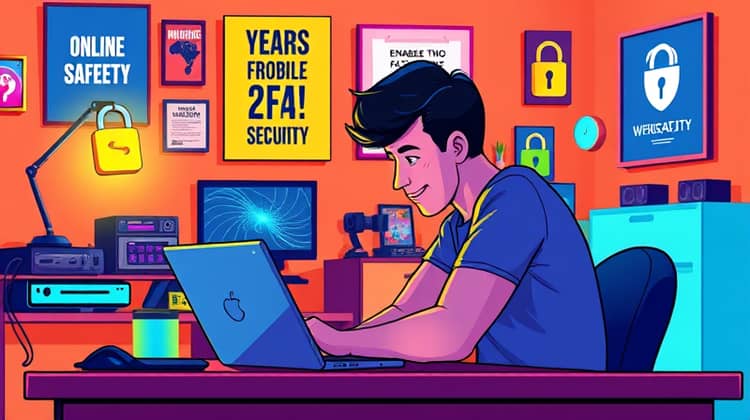
Two-Factor Authentication (2FA) adds an additional layer of security on top of your password. Even if your password is compromised, 2FA ensures that unauthorized users cannot access your account without the second factor, such as a code sent to your phone or email.
- Use 2FA whenever possible to strengthen the security of your online accounts.
- Choose authentication apps or text message codes for receiving your 2FA codes.
Activating two-factor authentication is a simple yet highly effective step in protecting your online privacy. Make it a standard practice whenever you set up new accounts on websites or apps.
3. Be Cautious with Personal Information

In today's connected world, oversharing personal information on social media and various online platforms can have serious consequences. Always be aware of the information you choose to share, as it can be used for identity theft or to compromise your security.
- Limit the amount of personal data you share online.
- Check privacy settings on social media platforms to control who can see your information.
- Be wary of sharing sensitive details like your address or phone number publicly.
By being cautious with your personal information, you reduce the risk of misuse and enhance your overall privacy protection. Stay informed about what information you share and with whom.
4. Update Software Regularly
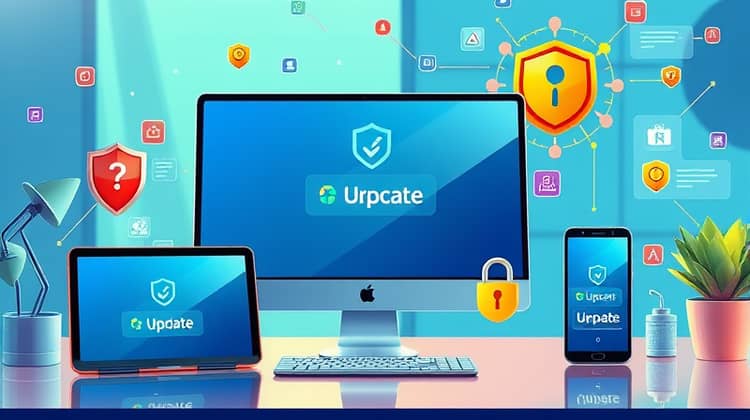
Outdated software can be a serious security risk. Cybercriminals are always looking for vulnerabilities to exploit, and software companies frequently release updates to patch these weaknesses.
- Regularly check for updates on your operating system, applications, and devices.
- Enable automatic updates whenever possible to ensure you are always protected against the latest threats.
Staying up-to-date with software not only protects your devices from malware and other threats but also enhances performance and adds new features that can improve your experience.
5. Use a Virtual Private Network (VPN)
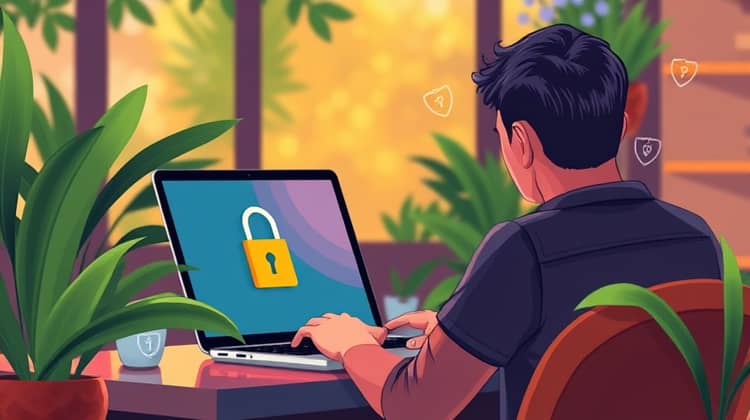
Using a VPN is an excellent way to maintain your online privacy, especially when accessing public Wi-Fi networks. A VPN encrypts your internet connection, making it difficult for hackers to intercept your data and keeping your browsing activities private.
- Choose a reputable VPN service with strong encryption standards.
- Connect to the VPN whenever you use public Wi-Fi to protect your data from potential threats.
Incorporating a VPN into your internet routine is a smart decision that enhances your online privacy. It helps to conceal your IP address and protects sensitive information from prying eyes.
Conclusion
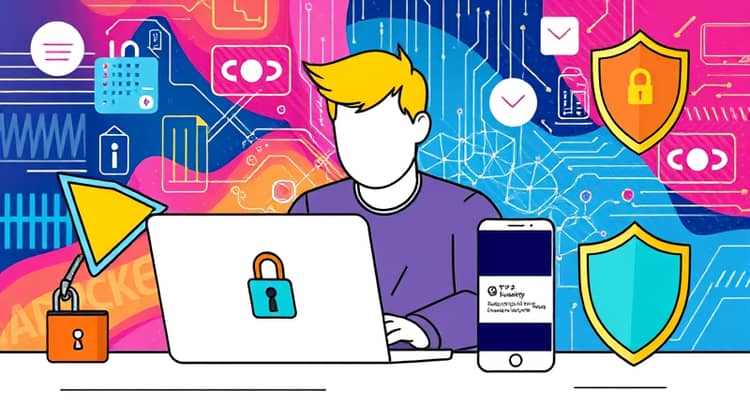
In summary, protecting your online privacy requires a proactive approach. Implementing strong, unique passwords, enabling two-factor authentication, and being cautious with personal information are fundamental steps that everyone should practice.
Regular software updates and the use of VPNs further bolster your defenses against cyber threats. By following these guidelines, you contribute to a safer online environment not just for yourself but for others as well.
As technology continues to evolve, so do the tactics used by cybercriminals. Remain vigilant and regularly review your online security habits to stay ahead of potential risks.

